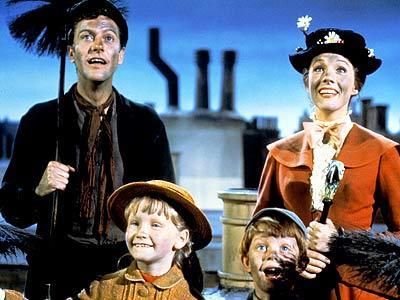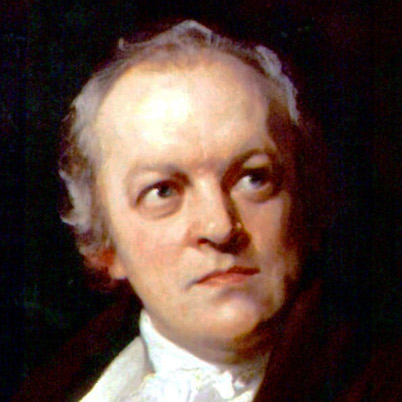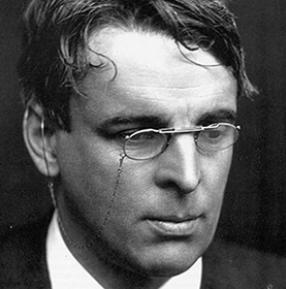‘O what is That Sound’ is a ballad-style poem with the events taking in an unspecified time, giving it a universal ideology. It is a poem about presumable war, its effects on a couple, and betrayal.
About the Poet
Wystan Hugh Auden was born in the year 1907 in York in, England. He was an English- American poet applauded especially for his technical and stylistic achievements and his ability to write in any form of verse. He rose to fame with ‘Poems’ published in the year 1930. His most notable works include ‘Funeral Blues,’ ‘September 1, 1939’, ‘The Age of Anxiety, and ‘For the Time Being.’ He won the Pulitzer Prize in Poetry in 1947 for The Age of Anxiety. A man both controversial and influential, Auden died in 1973 of natural causes.
O What is that Sound Setting
The setting of the poem is the home of the speaker. From the comfort of his home, the speaker sees the valleys and his neighboring houses, which are all referred to in the poem.
O What is that Sound Poetic Devices
Stanza:
The poem has nine stanzas of 4 lines of verse each.
Rhyme and Rhythm:
The poem has a rhyme scheme of ABAB in each stanza. The last words of the first and third lines and the last words of each stanza’s second and fourth lines rhyme. The rhythm of the poem makes it adapt to a ballad form.
Foreshadowing:
The poem’s speaker foreshadows what the soldiers are about to do starting from the second stanza itself though he does not realize it himself until the last second stanza.
Repetition:
The last word of the second line of each stanza is repeated twice. This repetition gives it a song-like quality while keeping the severity of the content unreal. There is also the repetition of the word ‘O’ at the beginning of each stanza and the word ‘dear’ as the last word of the third line of all but the final stanza.
Allusion:
It is not explicitly said that the speaker of the poem and the one who answers their questions are married. It is inferred in the last second stanza when the speaker speaks of vows. There is no allusion to whether the speaker is the husband or the wife.
O What is that Sound: Summary
The speaker of the poem hears a sound down in the valley from his home in the morning. He asks his spouse what that sound was. The spouse replies that it was the marching of soldiers. The rest of the poem continues in this conversational style except for the last stanza.
The speaker next asks what the light that keeps flashing is. It is the glint of their weapons, dear, says the spouse.
Similarly, the speaker continues to question the actions of the soldiers, and the spouse gives appropriate answers. The soldiers, all the while, keep marching towards the speaker’s house. The speaker thinks that they would stop somewhere before, but no; they pass the doctor’s house and the parson’s church and the cunning farmer’s barn straight toward his house.
The spouse says they are leaving the speaker now. The speaker, afraid, asks them if the vows they took were all false. The spouse replies that they are all true, but still, they must leave.
And then, the soldiers break the door and come into the house with burning eyes.
O What is that Sound: Analysis
The poem starts with the speaker hearing drumming noises from the valley, and the speaker’s spouse says that it was just the scarlet soldiers coming. The use of scarlet here is not expanded in meaning. It could mean that the soldiers were bloody after fighting or that they were the ones who killed/or were going to kill.
The light glinting off their weapons shows that the soldiers most probably had a purpose for their march. It is said they step lightly, which is to indicate that they increased the pace of the train. The foreshadowing in the poem makes its presence acute from here on. The spouse says they were either training or doing the march as a warning. This indicates that that spouse had a faint idea as to the purpose of the soldiers. This also cements the possibility of hostility.
The soldiers suddenly turn off course, and this makes the speaker of the poem kneel down. It is unclear whether he was doing so in prayer or in order to hide, but we get the idea that there is a possibility that the soldiers were there for the speaker. The speaker realizes that at this point, but he does not take any action and only keeps on hoping that the soldiers weren’t there for him, that they would stop somewhere else.
The soldiers do not stop at the doctor’s house, which eliminates the possibility that the ‘scarlet’ in stanza 1 means bloody. The soldiers do not stop at the parson’s house either. There is an increasing urgency in the voice of the speaker. This indicates his hope against the hope that the soldiers were there were some other people. This idea is cemented when he describes the farmer as cunning. The speaker was so desperate that he started wildly accusing and guessing other possibilities. The soldiers start running after passing the farmer’s house.
At this point, the spouse realizes that the soldiers are here for their significant half. But that does not stop them from leaving in this moment of crisis. This is shown in the penultimate stanza, where the speaker pleads for the spouse to stay, holding them to the vows they exchanged during their wedding. But this does not sway the spouse. They say that they still love the speaker, but they must be leaving. This betrayal of the partner is shown simply and without much ado, which makes it that much more brutal.
The narrative, which was in a conversational style till now, turns to a single voice in the last stanza. The soldiers break the door and come for the speaker, and the poem ends here, leaving the reader speculating what happens next. It might be guessed that whatever it was wasn’t anything pleasant to the speaker seeing his previous frightened state and the burning eyes the soldiers bore.
The speaker of the poem avoids the truth for as long as possible. They have an idea of their deeds (which is not mentioned in verse) and that someday they will catch up to them (seeing the way they knelt upon seeing the soldiers change course towards their home), but they remain inactive in light of the faintest chance that it wasn’t for them that the soldiers were coming for. This avoidance of the truth ended up in them being betrayed by their spouse, whereas if acted upon earlier, they could both have a chance of escaping together.
O What is that Sound Central Idea
The poem’s central idea is to tell about the frailty of humans. The speaker was frail when he continued avoiding the truth even when it was right in their face. The spouse was frail when they chose to escape leaving the speaker alone to face the wrath of the soldiers.
O What is that Sound Tone
The tone of the poem is mostly expectant. The speaker expects the soldiers to stop somewhere else. The tone is also a sing-song one, contributing to its ballad-y character. The suspense is built with each passing stanza. The tone in the penultimate stanza is one of shock and betrayal. The poem climaxes in the last stanza with a matter-of-fact type of tone.
W H Auden presents a story of a couple, one of whom betrays another upon facing difficulties and does so in the form of a ballad using effective rhyme and rhythm.
Some online learning platforms provide certifications, while others are designed to simply grow your skills in your personal and professional life. Including Masterclass and Coursera, here are our recommendations for the best online learning platforms you can sign up for today.
The 7 Best Online Learning Platforms of 2022
- Best Overall: Coursera
- Best for Niche Topics: Udemy
- Best for Creative Fields: Skillshare
- Best for Celebrity Lessons: MasterClass
- Best for STEM: EdX
- Best for Career Building: Udacity
- Best for Data Learning: Pluralsight













